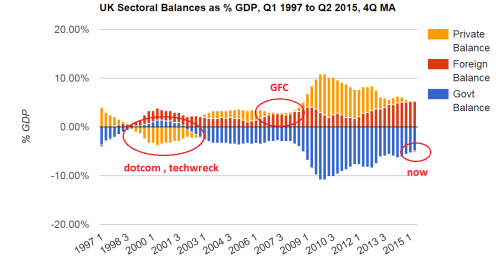The political left has always been suspicious of nationalism. Certainly it is easy to think of examples where nationalism has been taken to extremes with disastrous results. However we do, like it or not, all have to recognise we live in nation states. We might consider ourselves citizens of the world, or citizens of Europe or whatever, but that has to go along with being a citizen of a particular country too.
The traditional model is that we have a country, a government and a currency to go with it which is essentially an IOU of that government. So, for example, we have a country called Vietnam with its own government which issues a currency called the Dong. A neighbouring country, Cambodia, has its own separate government and uses the Riel. You might want to remember these names if you are into pub quizzes!
The people of Cambodia and Vietnam could, if they chose to, unite into a single country, have a single government and a unified currency. That could make sense, but it would be entirely up to them to decide to do that. What would make much less sense is for them to try to share a currency without unifying their countries. The power of being able to control a currency is very considerable but not easily shareable. If we write our own IOUs as a settlement of a debt we want those IOUs to be unique. We don’t want anyone else writing them out on our behalf. So if Vietnam and Cambodia were to try sharing a currency it probably would not work at all well. There would soon be a dispute over how many IOUs each could create and the two countries would revert to separate currencies very quickly.
This is a similar pattern the world over. Canada has a different dollar from the USA. Australia has a different dollar from New Zealand and so on. There are seemingly some exceptions. Ecuador uses the US dollar. But it cannot create any US dollars of its own. Only the USA can do that, and as many as it likes to stimulate its own economy when needed. That puts Ecuador at a big disadvantage. I would recommend them to introduce their own currency! There is a similar situation in Puerto Rico which also uses the US dollar. But Puerto Rico is not considered part of the USA. If that were to change it would make much more sense for them to use the US dollar. Puerto Rico citizens would become American citizens and pay taxes to the US Federal Govt and receive the benefits of spending by the Federal Government. There would probably be more spending than taxation just as there is in other less affluent US States. Then they would be truly sharing a currency and not just using someone else’s.
So one way we can define our own feelings of nationalism is by asking ourselves who we would like to share a currency, and a government, with. At present we, in the UK, share a currency, which we call the pound, between the countries of England, Scotland, Wales and Northern Ireland. Other parts of the world, like Gibraltar and the Channel Islands use the pound but do not share the pound and so are not part of the United Kingdom. If Scotland were to become independent it could not share the pound, it could only use the pound. I am not sure if those Scottish nationalists who argue for a shared currency really appreciate the difference or the potential difficulty.
The big exception in the eurozone. We’ll look at that, and the problems it has, next.


